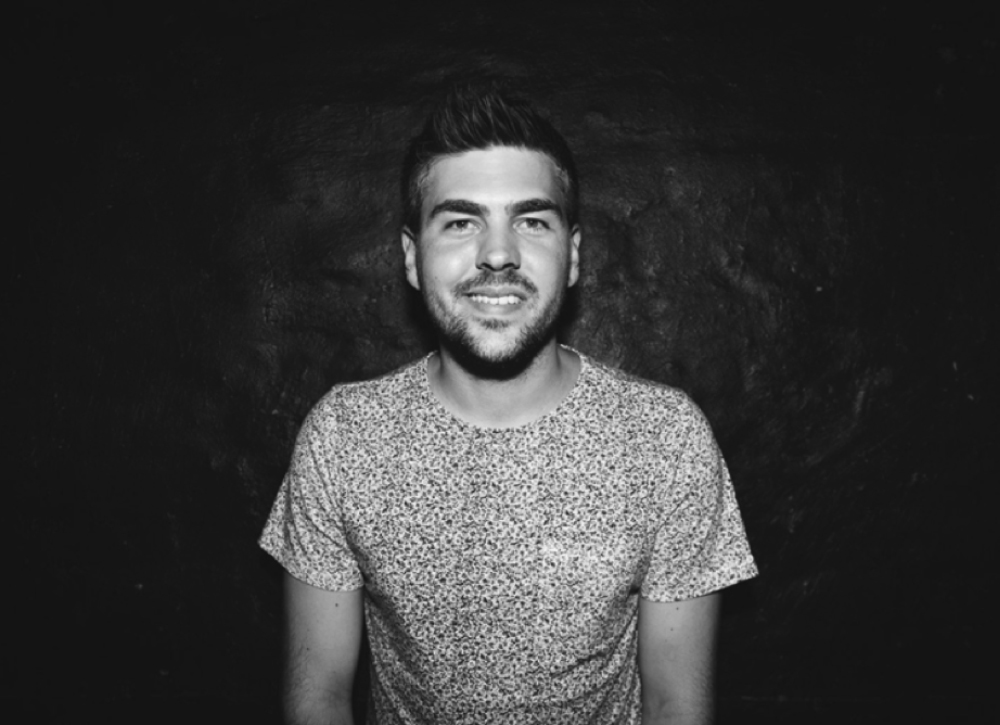We interview Kyle Watson to chat about his early influences, the club as an integral institution of electronic music culture and the responsibility DJs have towards their audiences.

When did you start DJing and what or who were your early passions and influences?
I got into DJing 10 years ago, and starting out I was heavily influenced by the guys who were making and playing different stuff to the others. Switch, Herve, Trevor Loveys, those were the guys influencing my style back then.
What are your main challenges as a DJ? What is it about DJ-ing, compared to, say, producing your own music that makes it interesting for you?
DJing is an opportunity for me to introduce people to new things, to try and show them what they don’t know they’ll like. The biggest challenge is getting that right all the time! One of the particularities of DJ-ing is that it takes people outside their own little box for a few hours, without the option of switching channels, changing the song according to their own taste or remaining within their virtual circle. How do you, as a DJ, make use of this freedom? Playing to a receptive crowd that feels comfortable being introduced to new things is one of the best feelings in the world. I use that freedom to play things I normally wouldn’t in a regular set.
How important is, not just the entertainment, but also the curatorial functions of DJs today?
Our main role is to make sure people enjoy themselves. But at the same time, we have the ability (and a responsibility) to steer and influence the scene as a whole. With so much music out there now, it’s a difficult job to wade through all of the sh*t to find the good music, but that responsibility is necessary to push the scene in the right direction and to help it grow. Thanks to developments in the realm of software, DJ-ing, playing live and producing have moved closer together than ever before, allowing DJs to change a track down the tiniest detail.
How do you make use of these possibilities in your sets and is there a benefit?
It’s super exciting to see the developments that have been made recently. I myself haven’t integrated live elements into my sets (yet), but as a producer, I can see how much more I can do now with enough time, the right gear and loads of practise. I’m primarily a producer – my production is the core of it all and the performance sits around that, so the prospect of performing live the same way I produce in studio is exciting.
What makes a strong transition from one track to the next from your point of view and how do you see the relative importance of establishing a flow versus creating tension through suspenseful breaks in continuity?
As a whole there has to be flow throughout the night, and there has to be a flow within a set. Truthfully in my opinion, the most important part of it all is playing the right track at the right time to the right people, the way you do that I believe is less important. But in saying that, it does separate those that are great at their craft from the average.
People are often speaking about the demise of the club scene, but the experience has remained as potent as ever. Why, do you feel, has the club remained such a great place for the discovery and appreciation of electronic music? How do you see the relationship between music and the space it is performed at?
People need an escape from their lives, their jobs and responsibilities and issues. A club provides that escape, it allows someone to let go of those responsibilities for a while. The best place to hear electronic music is at a club – that’s just the way it is and has been – so it’s natural that it becomes a space to discover it. The small, dark, loud, hot and sweaty rooms are the best spots!
Do you feel a crowd is actually able to appreciate the intricacies of complex DJ-ing, if they don’t actually know what, precisely, is happening behind the decks?
I don’t think they do, but I don’t think they need to. You will always have the people who grab their spot at the front and watch your every move, those are the ones with passion and an appreciation for the art. Of course it’s cool to have those people there, but like I said it shouldn’t matter if the crowd understands the complexity or not as long as they’re having fun.
Do you believe in the possibility of ‘reading an audience’ – and how do you put it into practise? Is the relationship with the dancers a collaborative one or, as Derrick May once put it, a “battle”?
Yes of course. If you can’t tell something about the people you are playing to then how can you all get on the same wavelength? The best clubs and festivals I’ve played at have been so because I’ve felt a connection with the crowd that’s difficult to explain or put into words. If you’re not reading the audience then there’s no way of making that connection.
You have come an incredibly long way, if you had to give one piece of advice to an up-and-coming producersor DJs, what would it be?
Differentiate yourself, don’t just be content with replicating something. You want to be remembered as the person who did something new.
Catch Kyle Watson at A Haunting on Fox for Halloween this weekend.





